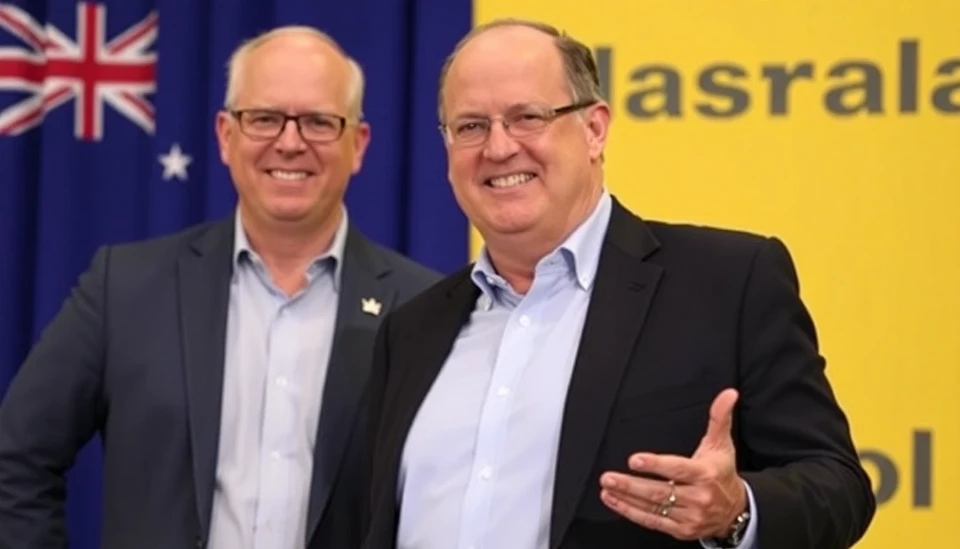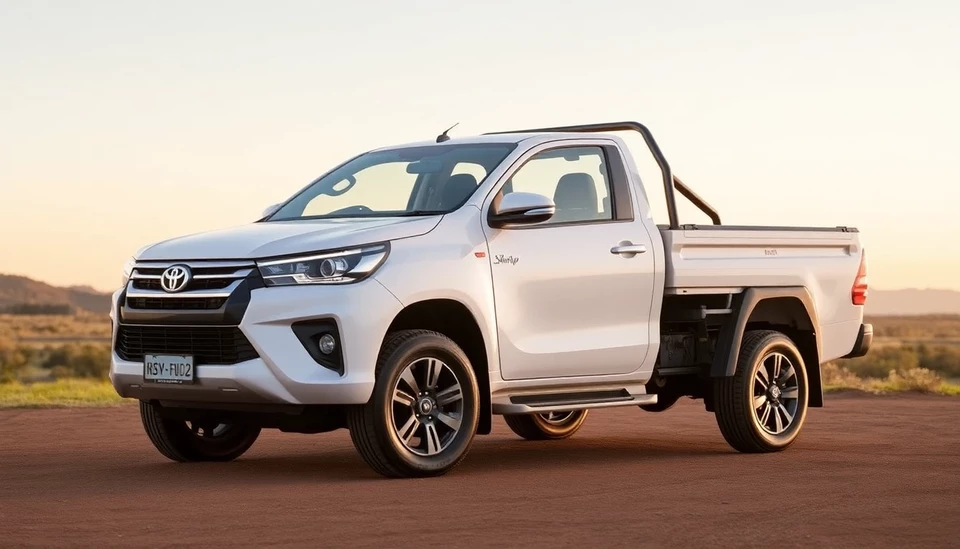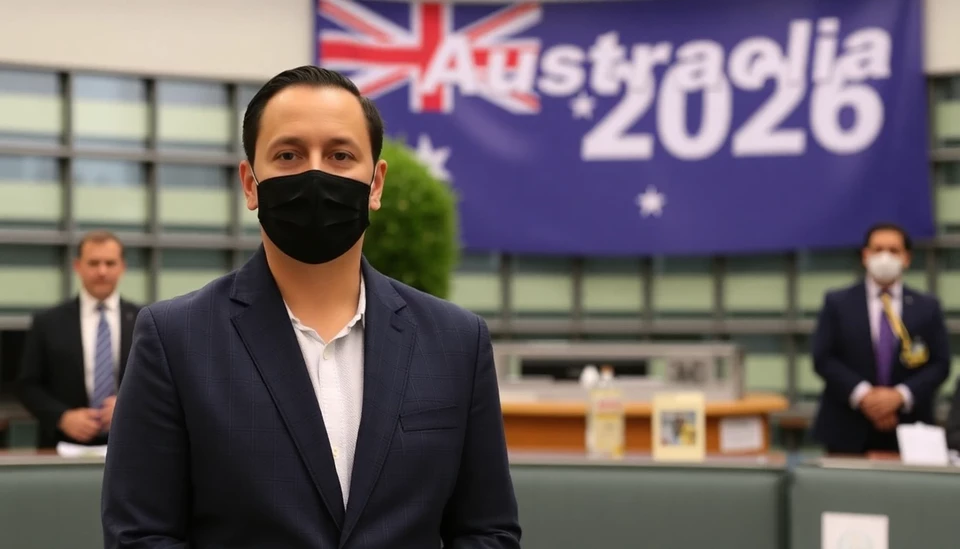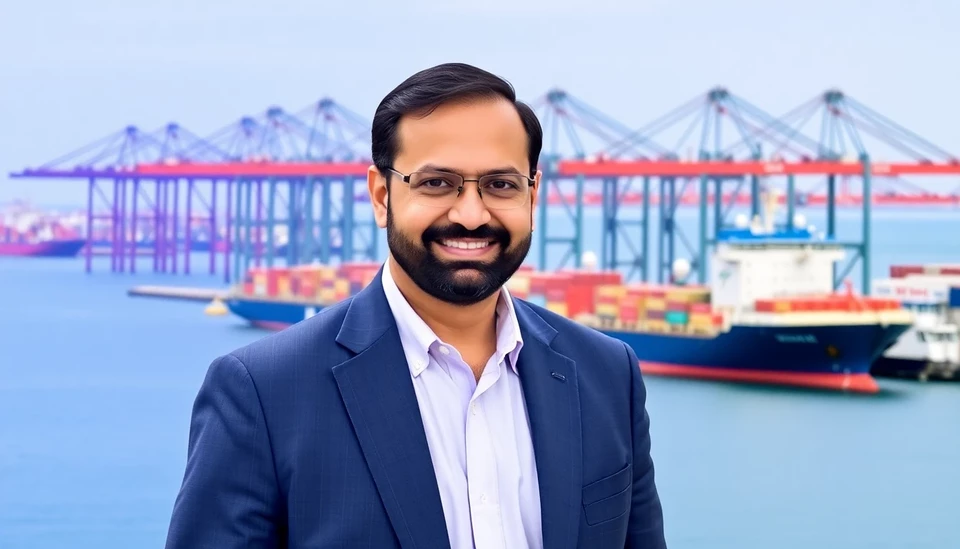
In a bold move reflecting the growing global demand for critical minerals, the Australian Labor Party has pledged to establish a strategic reserve for these essential resources immediately following their electoral success. This announcement positions the country as a pivotal player in the global supply chain of critical materials, particularly in the context of the clean energy transition.
Upon their recent victory, the Labor government is keen to ensure Australia solidifies its role as a leader in supplying the world with vital minerals necessary for technology and renewable energy. This commitment comes as nations worldwide race to secure reliable sources of lithium, cobalt, and rare earth elements, which are essential for manufacturing batteries, electric vehicles, and advanced electronics.
The proposal for a strategic reserve highlights the government's recognition of the strategic importance of these resources. As other nations strategically position themselves to counter the ongoing demand, Australia seeks to harness its rich geological reserves to bolster its economy and maintain national security. The government's plan involves not only the storage of critical minerals but also aims to stimulate local job creation and encourage investment in mining and processing technologies.
In a press conference, the newly appointed Minister for Resources emphasized that having a domestic reserve will cushion Australia from global market fluctuations and potential supply disruptions. "By ensuring a stable supply of critical minerals, we can not only support our industries but also contribute significantly to combating climate change by facilitating the transition to clean energy," the minister stated.
This strategy fits into the broader vision of the Labor government to enhance Australia's self-sufficiency and reduce dependency on foreign imports, especially given the geopolitical tensions affecting mineral trade routes. Observers suggest that this initiative is a timely response to rising concerns over supply chain vulnerabilities laid bare during the global pandemic.
The Labor Party's plan has garnered bipartisan support, emphasizing the importance of collaboration across political lines to secure Australia's mineral future. Critics, however, express concerns regarding potential environmental impacts and the need for stringent regulations to safeguard the hinterlands where mining may expand. The government assures that it will apply rigorous sustainability standards in all mining and processing activities associated with the critical minerals reserve.
As the global landscape shifts towards clean technology and reduced carbon emissions, Australia’s proactive approach to securing its critical minerals supply could set the stage for enhanced international cooperation and economic growth. The establishment of a strategic reserve not only strengthens the domestic market but also places Australia at the forefront of the critical minerals race, with the potential to become a key supplier for electric vehicle manufacturers and renewable energy projects worldwide.
With these developments, Australia seeks not only to enhance its economic standing but also to play a significant role in the global shift towards a more sustainable future. As the nation sets its sights on becoming a critical mineral powerhouse, all eyes will be on how effectively the Labor government can implement their ambitious plans and ensure that both the economy and the environment reap the benefits.
Stay tuned for further updates on Australia's strategic initiatives and their implications on both domestic and global scales.
#Australia #LaborParty #CriticalMinerals #ElectricVehicles #CleanEnergy #Mining #Sustainability #Geopolitics #ResourceSecurity
Author: John Harris




